9th PCNE Working Symposium 2024 , University of Basel, Switzerland
Advancing the paradigm and visibility of pharmacy practice research
20 - 22 June 2024
Advancing the paradigm and visibility of pharmacy practice research
Basel 20 -22 June 2024
A key topic will be the Granada Statements that were recently published simultaneously in 12 journals. How can researchers contribute to strengthening the reporting of pharmacy practice as a discipline? Shane Desselle, co-author and editor-in-chief at Elsevier will shape an answer.
During workshops, participants will be invited to reflect on their own research and share their experience.
We will have much to celebrate with the 30th anniversary of the PCNE association that was founded in 1994 AND the 20th anniversary of the pharmacists’ reference journal Research in Social and Administrative Pharmacy (RSAP) that was launched in 2004. Don’t miss our social event with the boat trip and the dinner on the Rhine!
To plan your attendance to PCNE symposium 2024, we have compiled some Practical information to prepare your your venue to PCNE symposium @Basel 20-22 June 2024
Registration is open.
For any questions: info@pcne.org
The organisation of the symposium is supported by pharmaSuisse, the Swiss association of pharmacists; the State Chancellery of City of Basel; TopPharm, the grouping of independent community pharmacies; OFAC the professional cooperative society of Swiss pharmacists; Tillots Pharma AG, BWT Best Water / Reusable tritan water bottle
.
|
Gold Sponsor |
 |
|
Silver Sponsor |
 |
|
Bronze Sponsor |
 |
|
|
Foppe van Mil Memorial Lecture (Keynote lecture 1):
Friday 21 June 2024. 09:00 - 09:45 Pharmacist-led/Pharmaceutical Care to Improve Outcomes of Patients With Cardiovascular Diseases Prof. Martin Schulz, RPh, PhD, FFIP, FESCP, Managing Director, Department of Medicine, ABDA, Germany Cardiovascular diseases (CVD) are the number one cause of death globally. CVD are often accompanied with comorbidities and, therefore, with multiple drug regimens. Drug-related morbidity and mortality due to drug-related problems represent a serious problem in these patients. The evidence for pharmacist-led/pharmaceutical care in hypertension, CVD risk reduction and, at least in part, in chronic heart failure, dyslipidemia, and diabetes is compelling. However, unmet needs in CVD e.g., (primary) medication non-adherence, guideline inertia (lack of implementation of and persistence to evidence-based pharmacotherapy), or uncontrolled blood pressure persist. On the other hand, and apart from widespread implementation of clinical pharmacy services in daily routine, both precision and population approaches are required and need further evaluation. |
|
Keynote lecture 2:Friday 21 June 2024. 14:00 - 14:45 The Granada statements 2022
Prof. Shane P. Desselle, RPh, PhD, FAPhA, Touro University California; Editor, Research in Social and Administrative Pharmacy The study of disciplinary progress is a fascinating one; that is, the extent to and rate at which disciplines or areas/fields of study advance their scientific paradigm. Scientific paradigm can be expressed as the degree to which its constituent scholars agree on the primary areas of research to inquire, the most appropriate methods and best practices by which to conduct the research, and the most salient issues to teach students (future practitioners) in the field. The concept of scientific paradigm anchored a meeting of editors that produced the Granada Statements, co-published in a dozen international journals in pharmacy practice/social pharmacy. The “Granada Group” of journals has tossed aside ideas of competition and instead, embraced collaboration. The Granada Statements identified key actions for readers, researchers, editors, publishers, and various decision-makers to advance the scientific paradigm of pharmacy practice. |
 |
Keynote lecture 3:Saturday 22 June 2024. 11:15 - 12:00 Healthcare data: the new goldmine Prof. Eric van Ganse, MD, PhD, FRCP; Epidemiologist; Claude-Bernard University , Lyon (France) Over the last decades, many healthcare data (HCD) have been largely digitalized, from General Practitioners Records to Community Pharmacists Dispensations. As a rule, digitalization started « bottom up », typically initiated by local groups of HCPs in interaction with IT companies. Nowadays, often as a result of « Payors » initiatives, healthcare data are linked at patients’ level, and histories of longitudinal care of large populations become available for research. We shall discuss general attributes of healthcare datasets (pros and cons) and some recent developments, focussing on the role that community pharmacists could play in enriching HCD. |
 |
Workshop 1 & 6: Cultivating Cohesian: Building a strong research teamWorkshop Facilitators:
We invite you to a transformative workshop that combines real-world research insights with practical strategies for forming an exceptional team. In this hands-on workshop you’ll apply insights from research of the UWA Pharmacy team directly to your own team-building strategy. This process will provide a strong foundation to foster a strong cohesive team that can tackle complex challenges. |
 |
 |
 |
Workshop 2 & 7: From Guidelines to Quality Indicators: Pharmaceutical Care for Diabetes Type 2 in a Global Context
Workshop Facilitators:
The PCNE working group on Guidelines & Indicators has developed and published a definition of Quality Indicators for Pharmaceutical Care. (PhC). (Fujita K. et al, 2023) Subsequently, the working group has completed extracting national guideline recommendations for pharmaceutical care to Diabetes Type 2 patients (DM2) from >10 countries, aiming for the development of a ‘core set’ of quality indicators (QIs) for DM2 in community pharmacies in these countries. In this stage, those recommendations need to be translated into QIs.
Learning objectives After this workshop the participants will be able to:
Activities During the workshop the participants will:
Targeted workshop participants This workshop is open to anyone, including higher degree research students, who are interested in measuring and improving quality of care can join in this workshop. After the workshop, participants will have the opportunity to join our working group. |
|
Workshop 3 & 8: Beyond Version 9.1: Shaping the Future of PCNE DRP Classification
Workshop Facilitators:
Description and aim: Over the past few years, several validation studies have been conducted on the PCNE DRP classification, leading to the evolution of the classification from version 7 to the current version 9.1. Throughout these studies, numerous proposals for classification changes were put forward. These recommendations will be presented, deliberated upon, and subject to a vote. The objective is to enhance the classification in accordance with agreed-upon improvements, ultimately leading to the development of either v9.2 or v10. |
 |
 |
 |
Workshop 4 & 9: Adherence: Before the start of the study - Training community pharmacists who will recruit patients and defining the minimal core set of collected data
Workshop Facilitators:
The 15-STARS questionnaire has been developed to screen for adherence difficulties in ambulatory patients. It tackles modifiable determinants. When planning a study with community pharmacists who will use the 15-STARS, investigators need to train the pharmacists who will recruit the patients and collect the data. In this workshop, we will delineate the major elements that need to be ready before the study can start.
We will:
Participation to prior workshops is not needed. |
|
Workshop 5 & 10: Artificial Intelligence and Machine Learning in Pharmaceutical Care Research and Practice
Workshop Facilitators:
This is an educational workshop.
Background This workshop is your gateway to understanding how artificial intelligence and machine learning can drive improvements in patient safety and effective healthcare services delivery. It is about innovating pharmaceutical care practices to meet the demands of our evolving world. We recognize the importance of demystifying these technologies and making them accessible, not just to data scientists and technologists, but to healthcare professionals, researchers, and practitioners.
The aim of the workshop is:
Learning objectives:
Activities in the workshop:
|
|
Expert courses - Program Thursday 20th June 2024
|
12.00-13.00 |
Registration |
Biozentrum |
|
13.00-17.00 |
Expert course 1: “I have data to publish – How to proceed and choose the appropriate journal?” Ema Paulino (Portugal) + Filipa da Costa (Portugal) |
Room U1-191 |
|
13.00-17.00 |
Expert course 2: The Granada statements 2022 – What does this mean to my research? |
Room U1.193 |
|
13.00-17.00 |
Expert Course 3: How to submit a successful grant? |
Room U1.195 |
|
15.00-17.00 |
Parallel mini symposium: PCN-Switzerland “smarter medicine” – in German (Separate registration: www.pcn-s.ch) |
Lecture Room Kollegiengebäude Petersplatz |
|
17.30-19.00 |
Welcoming ceremony incl. food and drinks, networking with Newcomers Participants of PCN-Switzerland joining |
Wildt’sches Haus |
|
19.30-20.30 |
Sounding board for selected experts incl. drinks sponsored by mediservice |
tba |
Symposium - Program Friday 21th June 2024
|
8.00 |
Registration |
Biozentrum |
|
8.30-9.00 |
Opening |
Lecture Room U1.131 |
|
9.00-9.45 |
Foppe van Mil lecture - Martin Schulz (Germany) |
Lecture Room U1.131 |
|
9.45-10.00 |
Coffee break + transfer to the WS rooms |
Hall |
|
10.00-13.00 |
WS1: Cultivating cohesion: Building a strong research team - Ronda Clifford, Liza Seubert, Julie Loveny (Australia) |
Room U1-191 |
|
10.00-13.00 |
WS2: Training community pharmacists who will recruit patients and defining the minimal core set of collected data - Isabelle Arnet (Switzerland), Christiane Eickhoff (Germany) |
Room U1.193 |
|
10.00-13.00 |
WS3: Beyond version 9.1: Shaping the future of PCNE DRP classification - Tommy Westerlund (Sweden), Ina Richling (Germany), Nejc Horvat (Slovenia) |
Room U1.195 |
|
10.00-13.00 |
WS4: From guideline to quality indicators – Pharmaceutical Care for diabetes 2 in a global context - Martina Teichert (Netherlands), Kenji Fujita (Australia), K Halvorsen (Norway) |
Room U1.197 |
|
10.00-13.00 |
WS5: Artificial intelligence and Machine learning in Pharmaceutical Care research and practice - Mitja Kos (Slovenia), Kreshnik Hoti (Kosovo) |
Room 01.004 |
|
13.00-14.00 |
Lunch |
Room 01.004 |
|
14.00-14.45 |
Keynote lecture 2 – Shane Desselle and the Granada statements 2022 |
Lecture Room U1.131 |
|
15.00-16.00 |
Poster walking tour |
|
|
16.00-16.15 |
Coffee break |
Hall |
|
16.15-17.15 |
Oral communications 1-6 (8 min each) |
Lecture Room U1.131 |
|
17.30-20.00 |
PCNE General Assembly (members only) |
Room U1.131 |
|
20.00-23.00 |
PCNE Networking event (separate registration) + 20th anniversary RSAP |
Rhine boat |
Symposium - Program Saturday 22th June 2024
|
|
|
Biozentrum |
|
08.00-11.00 |
WS1: Cultivating cohesion: Building a strong research team - Ronda Clifford, Liza Seubert, Julie Loveny, Australia |
Room U1-191 |
|
08.00-11.00 |
WS2: Training community pharmacists who will recruit patients and defining the minimal core set of collected data - Isabelle Arnet (Switzerland), Christiane Eickhoff (Germany) |
Room U1.193 |
|
08.00-11.00 |
WS3: Beyond version 9.1: Shaping the future of PCNE DRP classification - Tommy Westerlund (Sweden), Ina Richling (Germany), Nejc Horvat (Slovenia) |
Room U1.195 |
|
08.00-11.00 |
WS4: From guideline to quality indicators – Pharmaceutical Care for diabetes 2 in a global context - Martina Teichert (Netherlands), Kenji Fujita (Australia), K Halvorsen (Norway) |
Room U1.197 |
|
08.00-11.00 |
WS5: Artificial intelligence and Machine learning in Pharmaceutical Care research and practice - Mitja Kos (Slovenia), Kreshnik Hoti (Kosovo) |
Room 01.004 |
|
11.00-11.15 |
Coffee break + transfer to lecture hall |
Hall |
|
11.15-12.00 |
Keynote Lecture 3 –Eric van Ganse (CHU Lyon) |
Lecture Room U1.131 |
|
12.00-13.00 |
Closing session, incl. awards for poster and oral |
Lecture Room U1.131 |
|
13.00-14.00 |
Lunch bag and bye bye |
Hall |
Abstract submission will be closed on 19th April 2024
Abstracts must preferably liaise with the themes of PCNE or the Symposium: Advancing the paradigm and visibility of
pharmacy practice research
For submission of abstracts the following sections are needed: Title, Background, Purpose, Method, Findings, and Conclusion.
Please respect the guideline for abstract submission and especially the maximum length of 400 words.
The poster presentation with the highest quality as per the evaluation of the Scientific Committee will be selected for the PCNE poster award, sponsored by PCNE.
| The abstracts with the highest quality as per the evaluation of the Scientific Committee will be selected to be presented at the Oral Communications session with an award for the best oral communication sponsored by FI (Förderinitiative Pharmazeutische Betreuung; www.foerderinitiative.de). |  |
| All accepted abstracts will be published in the Journal "Research in Social and Administrative Pharmacy (RSAP). |  |
Expert Course 1: I have data to publish - How to proceed and choose the appropriate journal?
|
Moderators:
Once a study has been conducted, it is time to inform the scientific community of the findings. Especially in the biomedical field, there are certain conventions for sharing the results. The selection of the publishing platform is an important step, as there are some factors to consider when choosing a journal (impact factor, audience, scope, etc.).
This expert course aims to empower researchers with the knowledge and tools necessary to navigate the complex process of publishing data effectively, and choosing the right journal to maximize the impact of your research.
|
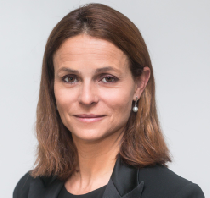 |
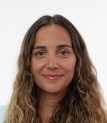 |
Expert Course 2: The Granada statements 2022 - What does this mean to my research?
|
Moderator: Shane P. Desselle, RPh, PhD, FAPhA (USA) The study of disciplinary progress is a fascinating one; that is, the extent to and rate at which disciplines or areas/fields of study advance their scientific paradigm. Scientific paradigm can be expressed as the degree to which its constituent scholars agree on the primary areas of research to inquire, the most appropriate methods and best practices by which to conduct the research, and the most salient issues to teach students (future practitioners) in the field. The concept of scientific paradigm anchored a meeting of editors that produced the Granada Statements, co-published in a dozen international journals in pharmacy practice/social pharmacy. The “Granada Group” of journals has tossed aside ideas of competition and instead, embraced collaboration. The Granada Statements identified key actions for readers, researchers, editors, publishers, and various decision-makers to advance the scientific paradigm of pharmacy practice. |
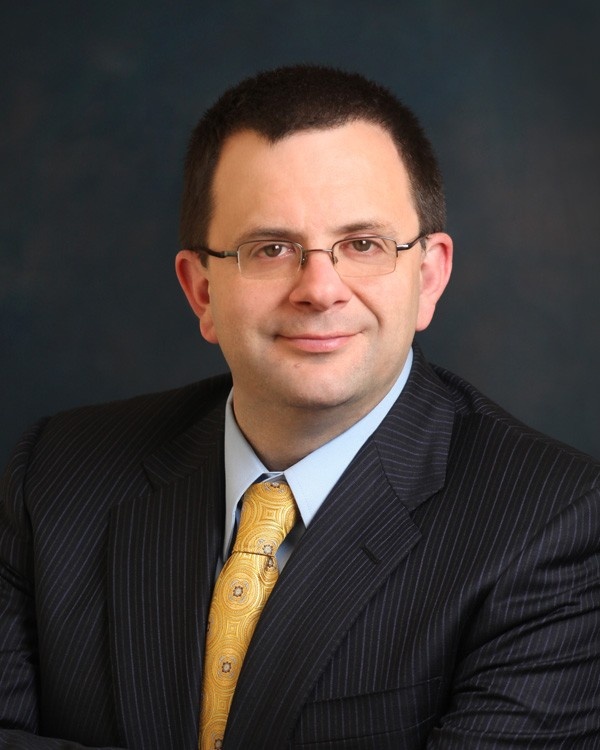 |
This expert course will review what that means for prospective authors in regard to best practices, what the journals are looking for, what sort of practices and types/areas of research we are discouraging, in addition to identifying the collaborations between the Granada Group of journals that should make it clearer and potentially easier to publish in any one of our journals, more clearly demarcating the similarities and differences among the journals, and providing greater assistance to authors in any number of ways, whilst the Group works on additional endeavors such as a pharmacy practice research glossary.
Discover how each and every one of you can play a part in advancing the field and making our research more visible and salient to persons outside our field.
Expert Course 3: How to submit a successful grant
|
Moderators:
Academics need the skills to write winning grant applications to conduct research sustainably and maximise the societal benefit of science. Writing a good grant application is challenging but is a skill that can be perfected. Real life examples will be presented and practical exercises in small groups will be performed, drawing attention to key issues, such as how to meet eligibility criteria and guidelines of the funding body. This course will be delivered by researchers with an established track record in leading successful grant applications and is intended to help those less experienced in grant writing, to increase their likelihood of being funded. |
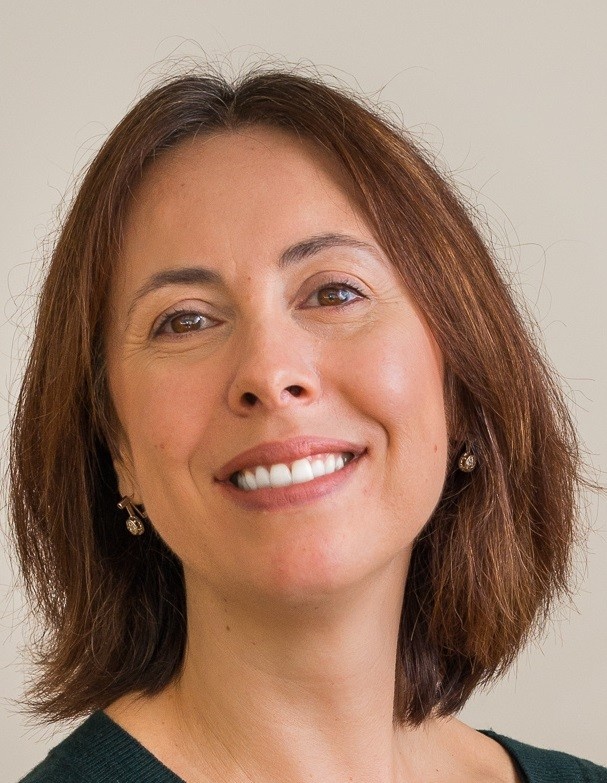 |
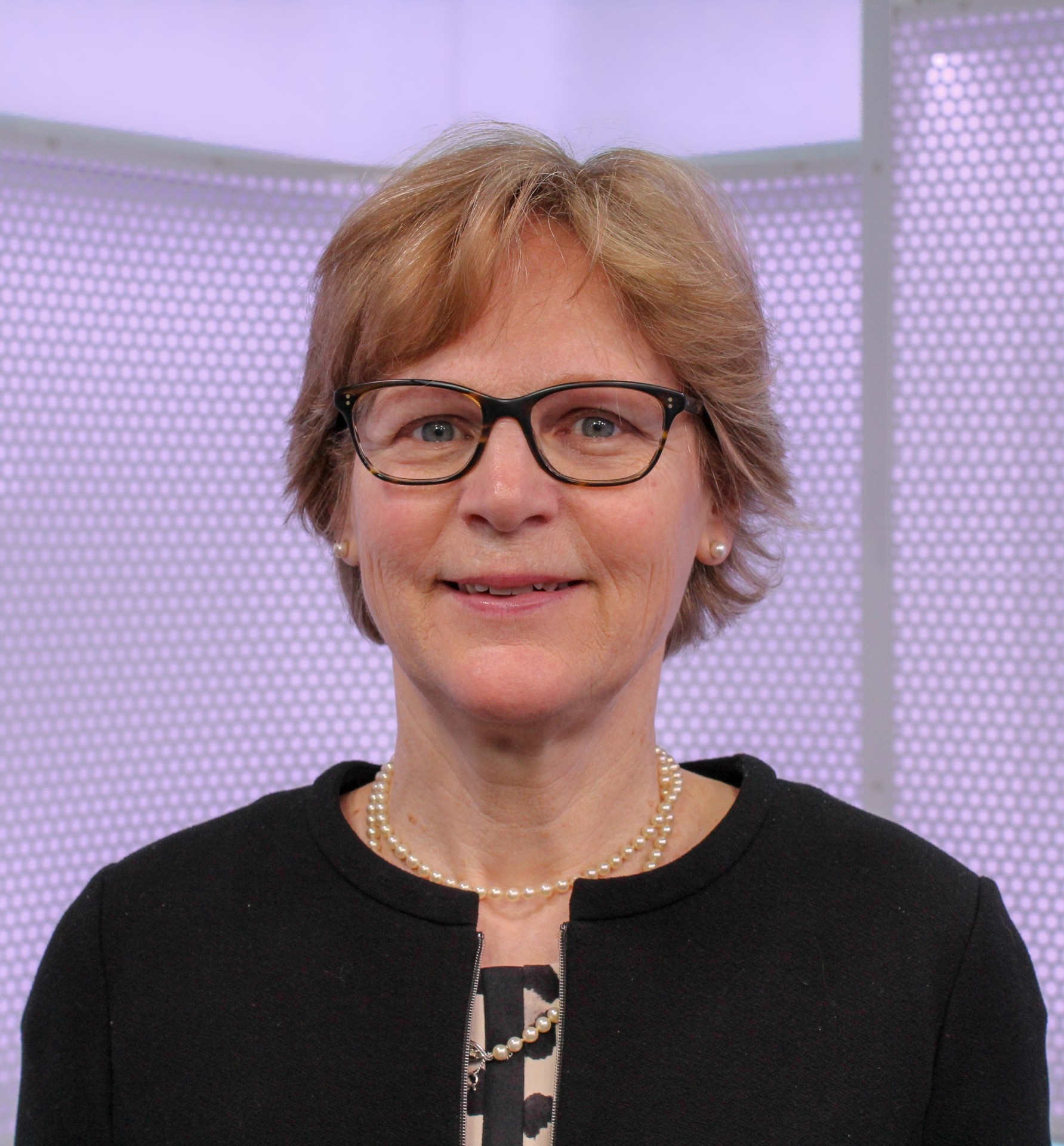 |
Registration is open and early bird ends on Friday 26th April 2024 (with no extension).
You can register for the following events:
- Expert courses 1-3, of 4 hours each on Thursday 20th June
- Workshops 1-5, of 3 hours each on Friday 21st June and Saturday 22th June. You must choose two out of five different workshops. See the description of the expert courses and the workshops on the website.
- Welcoming ceremony Thursday 20th June 17:30-19:00
- Soapbox Friday 21st June 13:00-14:00 (only for PCNE members)
- Social event Friday 21st June 20:00 – 23:00 (river boat on the Rhine with dinner).
The document “Practical information to prepare your venue to PCNE symposium @Basel 20-22 June 2024” provides important information on the different events (welcoming ceremony, the venue, the social event on a boat trip along the Rhine) and on options for accommodation. (Be aware that you need to organize your accommodation yourself).
Fees
- Fee for the 2-days symposium (21-22 June): EUR 250 (Early bird: EUR 200)
- Fee for the 3-days symposium (20-22 June) including expert course: EUR 350 (Early bird: EUR 300)
These fees include coffee breaks, lunch and the welcoming ceremony; but no accommodation.
- Fee for the social event including dinner and first delvery of drinks: EUR 75. Please register accompanying persons during your online registration (same fee of EUR 75).
After having filled in all information, the system creates an invoice that you can pay directly with your credit card at the end of the registration process. You will receive a confirmation shortly after the payment has been successfully processed. Please contact info@pcne.org if you face problems with your registration and use your registration number.
In case of being unable to participate, PCNE can only guarantee reimbursement of 80% of the full price if the cancellation arrives in written before Monday 10th June 2024.
Registration form








